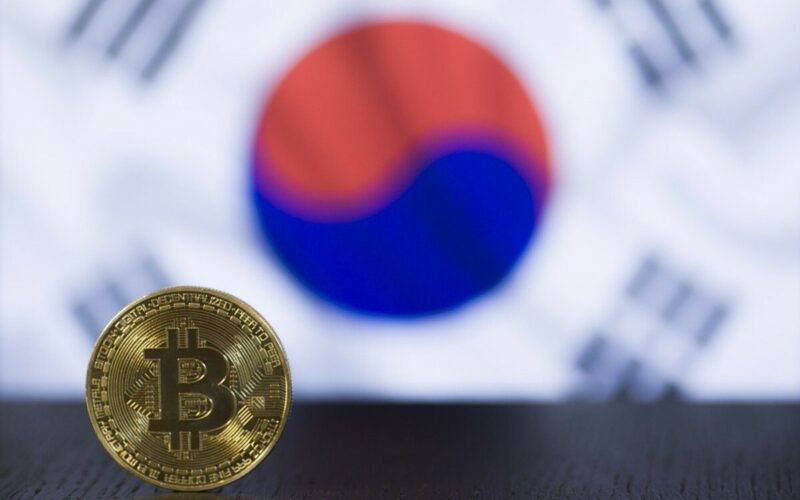South Korea’s virtual asset market has witnessed a remarkable surge in growth during the first half of 2023, reaching a total market cap of $21.1 billion. This surge represents a 46% increase compared to the previous half-year term, as reported by the Financial Services Commission (FSC) of South Korea. The global crypto market also experienced significant growth, with its market cap surging by 53% to a staggering 154 trillion won, driven by an 81% increase in Bitcoin prices, reaching $30,441 as of June.
Growth in Market Capitalization and Operating Profits
In addition to the surge in market capitalization, South Korea’s virtual marketplace operators also saw an impressive 82% rise in operating profits, totaling $168 million during the first half of the year. Furthermore, deposits in these crypto exchanges increased by 11% to reach approximately $3 billion.
The FSC’s report, which surveyed a total of 35 virtual asset operators in the country, revealed some noteworthy trends. Despite the overall growth in the crypto market, the average daily transaction value at the 26 exchanges dipped slightly, decreasing by 1.3% to $2.1 billion in the January-June period compared to six months prior. Moreover, the number of individual and corporate crypto traders decreased by 210,000 to 6.06 million as of the end of June. Among individual traders, those in their 30s accounted for the largest share, with over 67% holding virtual assets worth less than 500,000 won.
The Diversity of Cryptocurrencies and Future Legislation
South Korea witnessed the trading of 622 types of cryptocurrencies in the first half of the year, including popular options like Bitcoin, Ethereum, Ripple, and Dogecoin. During this period, 169 new crypto coins were listed, while 115 coins had trading suspensions due to various reasons such as project risk and investor protection.
As South Korea’s crypto market continues to grow and evolve, the country is set to implement new legislation in July next year. This legislation aims to protect crypto investors and will enable authorities to penalize unfair trading practices with potential sentences and fines. Acts of unfair trading that fall under the law’s purview include the use of undisclosed information, market price manipulation, and illegal transactions.
“The surge in South Korea’s virtual asset market reflects the growing interest and investment in cryptocurrencies. As the market cap and operating profits continue to increase, it is crucial to implement regulations that ensure fair and transparent trading for the benefit of investors,” said [quote author].
















